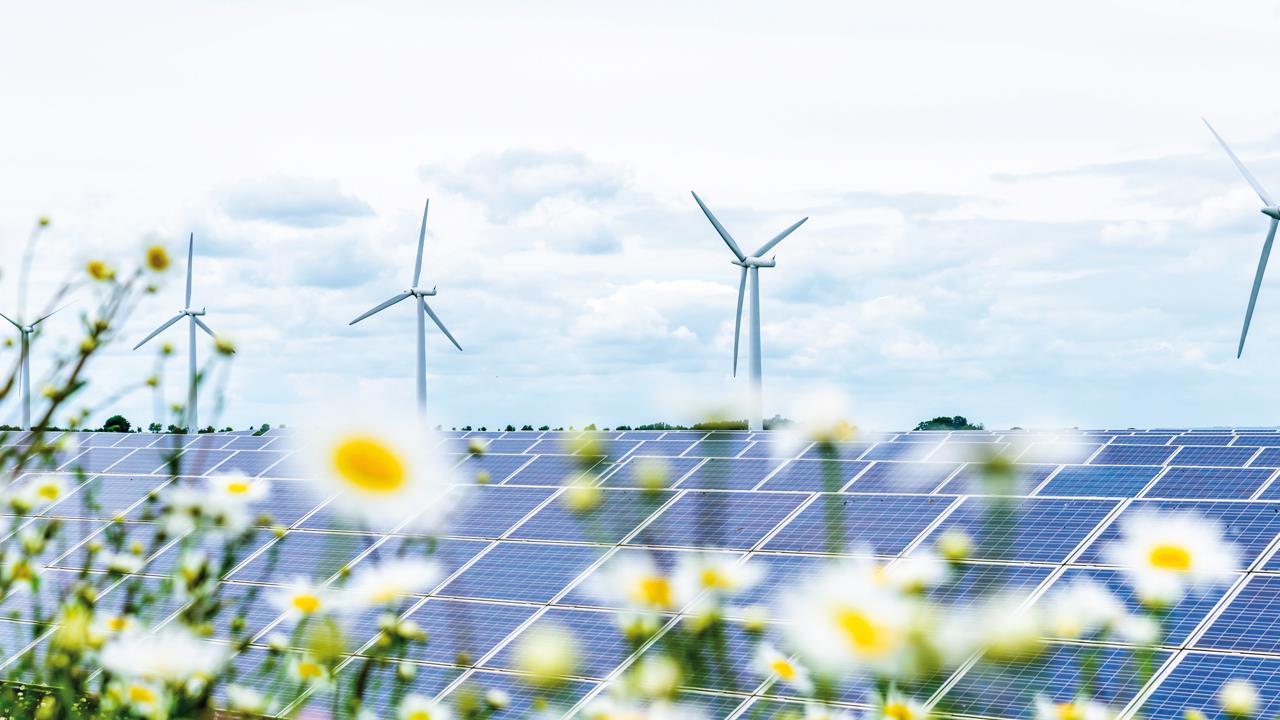


Stuart Fairlie, Technical Director of Elmhurst Energy, looks at how recent progress towards a greener UK may affect heating and plumbing engineers.
The UK has become the first major economy in the world to pass laws to end its contribution to global warming by 2050. The announcement made in June by Theresa May will require the UK to bring all greenhouse gas emissions to net zero by 2050, compared with the previous target of at least 80% reduction from 1990 levels.
The UK has already reduced emissions by 42% and has clean growth at the heart of its modern Industrial Strategy. The government claims that the number involved in green technology could grow by up to two million and the value of exports from the low carbon economy exceed £170 billion a year by 2030.
The UK’s 2050 net zero target was recommended by the Committee on Climate Change, the UK’s independent climate advisory body. Net zero means any emissions would be balanced by schemes to offset an equivalent amount of greenhouse gases from the atmosphere, such as planting trees or using technology like carbon capture and storage.
Elmhurst Energy welcomes the introduction of this new law that supports the commitments that have been alluded to over the last two years within both the Industrial Strategy and the Clean Growth Strategy.
Meanwhile, Mark Carney, Governor of the Bank of England, also made a speech at the Mansion House in London detailing how the Bank of England will support the transition to a climate neutral economy with a climate stress test of the UK financial system. The Bank also expects all listed companies and large asset owners to use these by 2022.
The Department for Business, Enterprise and Industrial Strategy (BEIS) also issued its consultation on Energy Companies Obligation (ECO3) scheme – under the heading of ‘Improved Consumer Protection’.
BEIS has quite clearly stated that it intends to implement the full findings from the Each Home Counts (EHC) review. The proposal is to introduce a new ‘Quality Mark’ that has been led by industry with BEIS' support and is now overseen by TrustMark.
The industry looked at itself in quality terms, through the EHC review, and reported back 27 recommendations. From this, industry has then created a new PAS2035 (and updated PAS2030) document, and the new quality mark will now ensure that consumers are put back at the heart of energy efficiency measure improvements. ECO is the major funding mechanism for retrofit measures, and this important consultation will pave the way for a whole home approach to retrofit within ECO policy.
We believe there will be many opportunities for heating and plumbing engineers to take from these announcements. The trade will be at the forefront of the RMI work needed to bring housing stock up to the standards required by the Minimum Energy Efficiency Standards (MEES).
Adding an element of energy assessment to your work could also bring benefits in the medium to long-term too, especially in light of these major announcements. Energy Assessors can now produce Energy Performance Certificates, be insured to give advice on improving the energy efficiency of a dwelling, and become a Retrofit Assessor or Retrofit Coordinator as part of the TrustMark scheme.
For engineers looking for new avenues of work, energy assessment qualifications could bring in new business and are within reach of most tradespeople – in fact many of our current energy assessor members have come from the construction industry.
Elmhurst Energy welcomes the recent announcements made by the government, and the heating and plumbing industry could benefit from the increased need to install energy efficient heating and renewable systems as we move forward with making our housing stock more energy efficient.
If you'd like to keep up-to-date with the latest developments in the heating and plumbing industry, why not subscribe to our weekly newsletters? Just click the button below and you can ensure all the latest industry news and new product information lands in your inbox every week.